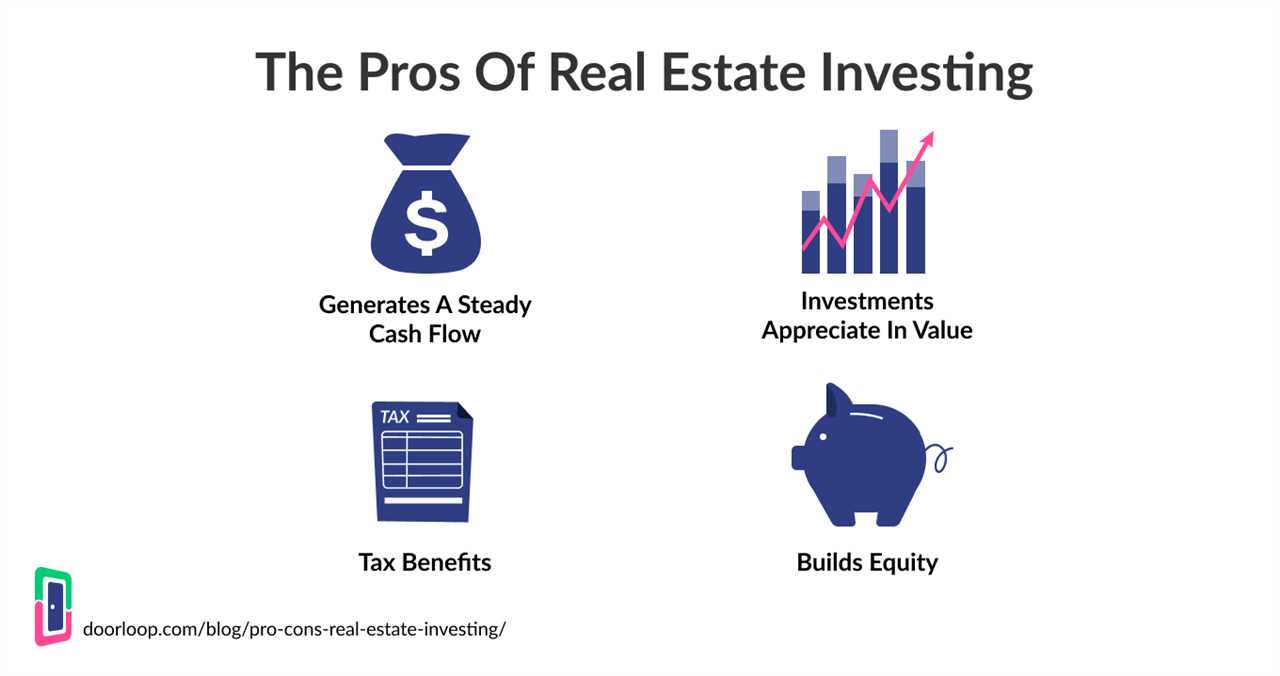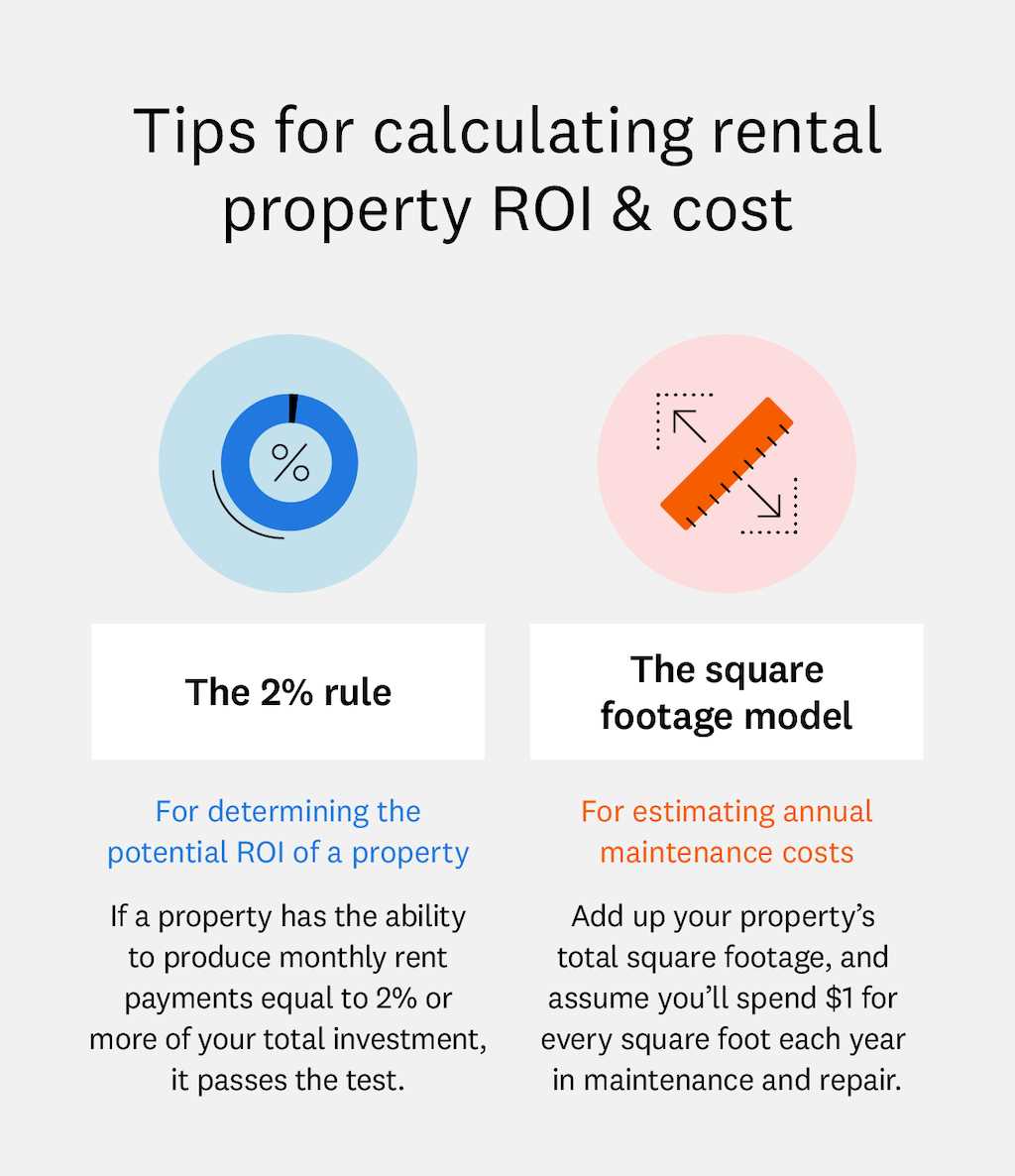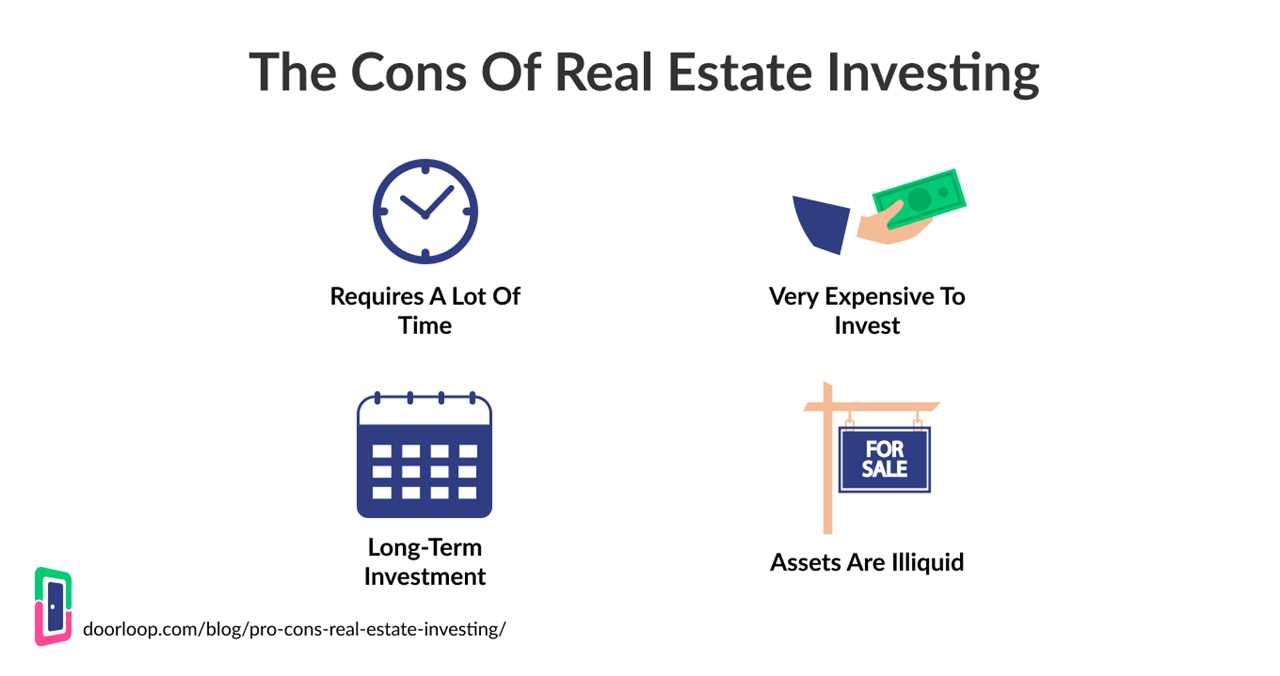What is Income Property?
Income property refers to a type of real estate investment where the primary purpose is to generate income through rental payments. It involves purchasing a property, such as a residential apartment building, commercial office space, or retail storefront, with the intention of leasing it out to tenants.
Unlike other forms of real estate investments, income property focuses on the cash flow generated by the property rather than its potential for appreciation. The goal is to generate a steady stream of rental income that exceeds the expenses associated with owning and maintaining the property.
Income property can provide a variety of benefits to investors. Firstly, it offers the potential for long-term passive income. By renting out the property, investors can earn regular rental payments that can supplement their existing income or serve as a primary source of revenue.
Additionally, income property can provide tax advantages. Rental income is typically subject to lower tax rates than other forms of income, and investors may be able to deduct expenses such as mortgage interest, property taxes, and maintenance costs, further reducing their tax liability.
Furthermore, income property can serve as a hedge against inflation. Rental prices tend to rise over time, allowing investors to increase their rental income and potentially outpace inflation. This can help protect the value of the investment and provide a reliable source of income even in times of economic uncertainty.
However, investing in income property also comes with its drawbacks. It requires a significant upfront investment, including the purchase price of the property and any necessary renovations or repairs. Additionally, being a landlord can involve time and effort in managing tenants, handling maintenance requests, and ensuring compliance with local regulations.
Overall, income property can be a lucrative investment strategy for those looking to generate passive income and build long-term wealth. However, it is important to carefully consider the potential benefits and drawbacks before making any investment decisions.
The Concept of Income Property

The concept of income property revolves around the idea of leveraging real estate to generate a steady stream of income. By purchasing a property and renting it out to tenants, investors can earn rental income that can potentially exceed their expenses, resulting in positive cash flow. This can provide a passive income source and potentially build long-term wealth.
Investing in income property allows individuals to diversify their investment portfolio beyond traditional stocks and bonds. Real estate has historically been a stable investment, and income property can provide a tangible asset that can appreciate over time. Additionally, rental income can provide a hedge against inflation, as rental prices tend to increase with inflation.
The Benefits of Investing in Income Property

There are several benefits to investing in income property:
1. Passive Income: Income property can provide a passive source of income, allowing investors to earn money without actively working for it. Rental income can be used to cover mortgage payments, property taxes, maintenance costs, and other expenses, while still generating a profit.
3. Tax Advantages: Income property owners can take advantage of various tax benefits. These can include deductions for mortgage interest, property taxes, insurance premiums, and depreciation expenses. These deductions can help reduce the overall tax liability associated with the property.
4. Portfolio Diversification: Investing in income property allows individuals to diversify their investment portfolio. Real estate investments have historically shown a low correlation with other asset classes, such as stocks and bonds. This can help reduce overall investment risk and provide stability to a portfolio.
5. Control and Flexibility: Owning income property gives investors control over their investment. They can choose the location, type of property, rental rates, and tenant selection. This control provides flexibility in managing the investment and adapting to market conditions.
Conclusion

Investing in income property can be a lucrative venture, providing individuals with a passive income source, potential property appreciation, tax advantages, portfolio diversification, and control over their investment. However, it is important to carefully consider the potential drawbacks and risks associated with income property investing before making any investment decisions.
Drawbacks of Investing in Income Property
While investing in income property can be a lucrative venture, it is important to consider the potential drawbacks before making a decision. Here are some of the key drawbacks to be aware of:
| 1. High Initial Investment: | One of the main drawbacks of investing in income property is the high initial investment required. Purchasing a property, especially in desirable locations, can be expensive and may require a significant amount of capital. |
| 2. Property Management: | Owning income property also means taking on the responsibility of property management. This includes finding tenants, collecting rent, handling repairs and maintenance, and dealing with any tenant issues that may arise. Property management can be time-consuming and may require hiring a professional management company, which can eat into your profits. |
| 3. Market Volatility: | The real estate market can be volatile, and property values can fluctuate. While income property can provide a steady stream of rental income, there is always the risk that property values could decline, resulting in a loss of investment. |
| 4. Vacancy and Cash Flow: | Income property relies on having tenants to generate rental income. However, there is always the risk of vacancies, which can lead to a loss of cash flow. If you are unable to find tenants or experience high turnover, it can impact your profitability. |
| 5. Maintenance and Repairs: | Owning income property also means being responsible for the maintenance and repairs of the property. This can include regular upkeep, repairs due to tenant damage, and major renovations. These costs can add up and impact your overall profitability. |
| 6. Legal and Regulatory Compliance: | Investing in income property also comes with legal and regulatory responsibilities. Landlord-tenant laws, building codes, and other regulations must be followed. Failure to comply with these requirements can result in legal issues and financial penalties. |
While these drawbacks should be considered, it is important to note that with proper research, planning, and management, income property can still be a profitable investment. It is crucial to weigh the potential risks and rewards before making a decision.

Emily Bibb simplifies finance through bestselling books and articles, bridging complex concepts for everyday understanding. Engaging audiences via social media, she shares insights for financial success. Active in seminars and philanthropy, Bibb aims to create a more financially informed society, driven by her passion for empowering others.
